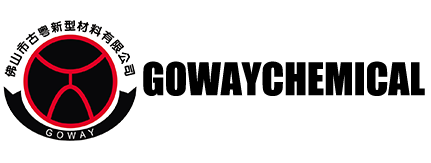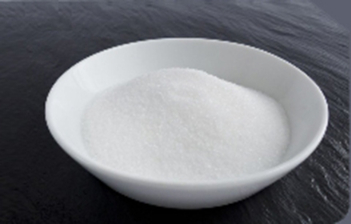Wholesale STPP (Sodium Tripolyphosphate) – Complete Buyer’s Guide
Sodium Tripolyphosphate (STPP) is one of the most in-demand inorganic phosphate chemicals in the detergent, food-processing, and industrial sectors. For importers, distributors, factories, and formulation manufacturers, selecting the right wholesale STPP supplier is crucial for quality, price stability, and long-term cooperation.
This guide provides a complete, technically detailed overview of STPP grades, specifications, bulk applications, prices, and how to choose a reliable manufacturer.
1. What Is Sodium Tripolyphosphate (STPP)?
STPP (Na₅P₃O₁₀) is valued for its strong chelating, dispersing, moisture-retaining, and emulsifying performance. It plays a critical role in detergents, food processing, ceramics, industrial cleaning, and water treatment.
- Chelation: binds Ca²⁺ and Mg²⁺ ions
- Dispersing: keeps particles suspended
- Buffering: maintains pH 9.5–10.5
- Moisture retention: improves food texture
- Emulsification: stabilizes cleaning formulations
For a full breakdown of STPP functions, see:
Key Uses of STPP
2. STPP Grades Available for Wholesale
① Industrial Grade STPP
Used in detergents, industrial cleaners, ceramics, slurries, water treatment, textiles, and oilfield chemicals.
Typical Specifications:
- Purity: ≥ 94%
- Appearance: white powder / granular
- pH: 9.5–10.5
- Fe: ≤ 0.002%
- Bulk density: 0.35–0.80 g/cm³
Learn more about industrial-grade STPP:
Industrial STPP
② Food Grade STPP
Used in meat, seafood, poultry, surimi, noodles, and food processing systems.
- Purity: ≥ 95%
- Complies with FCC / E451(i)
- Enhanced moisture retention
- Strict heavy metal limits
For safety insights, read:
Food Grade STPP & Health
3. STPP Wholesale Applications by Industry
1) Detergent Production
STPP is one of the most effective detergent builders.
- Softens water
- Prevents redeposition
- Enhances surfactant performance
Dosage:
- Laundry detergent powder: 15–25%
- Liquid detergents: 3–8%
- Dishwashing: 8–12%
See details:
STPP in Detergents
2) Food Processing
Food-grade STPP improves texture, elasticity, and water-holding capacity.
Dosage Range:
- Meat & seafood: 0.3–0.5%
- Surimi: 0.2–0.4%
- Instant noodles: 0.1–0.25%
More info:
Truth About STPP in Food Additives
3) Ceramics & Industrial Slurry
STPP acts as a deflocculant and dispersant.
- Ceramic glaze: 0.2–0.5%
- Ceramic slurry: 0.2–1%
Learn more:
4) Industrial Cleaning
Used in degreasers, metal cleaners, and hard-surface cleaners.
4. What Affects STPP Wholesale Prices?
Request Latest STPP Price (FOB/CIF)
Several factors influence wholesale pricing:
- Raw material cost (phosphate rock & energy)
- Purity and grade
- Granule size and whiteness
- Packing type (25kg / 50kg / jumbo)
- Shipping method (FOB / CIF)
- Global supply-demand trends
See detailed price analysis:
STPP Price Analysis
5. How to Choose a Reliable STPP Supplier
- Production capacity (annual output)
- SGS / CIQ / ISO certifications
- Food-grade compliance
- Stability of supply chain
- Shipping speed & export experience
- OEM customization capability
Supplier comparison:
Top STPP Manufacturers in China
6. Why Buy STPP From Goway Chemical?
- 10+ years manufacturing experience
- Stable quality and purity
- Competitive pricing for wholesale
- Fast delivery to global markets
- OEM granule size customization
7. Packaging & Shipment
- 25kg woven bags
- 50kg bags
- 1000kg jumbo bags
- Palletized shipping available
Shipping terms available: FOB, CIF, CFR
8. Request STPP Wholesale Price or Free Sample
For real-time pricing, COA, or samples, contact our team directly.
Get STPP Wholesale Price & Free Sample
9. Conclusion
STPP is a versatile phosphate widely used in detergents, ceramics, food processing, and industrial cleaning. Understanding its grades and pricing helps buyers make informed wholesale decisions.

